Campo Seguro
Protecting the well-being of agricultural workers
Select a Language
Click on the speaker to listen
How to Use This Website
Campo Seguro was created by the Western Center for Agricultural Health and Safety at the University of California, Davis, in partnership with agricultural workers, community organizations, and government agencies across California.
After selecting your language, you will find resources to help you stay safe at work. The information is available in audio, visual, and video formats.
Click on the video to learn how to use this website.

Topics
Select a topic to learn more about workplace safety and labor rights.
Paid Sick Leave
You may be eligible for paid sick leave. It is a law in California available to workers regardless of immigration status.
Click on the video to learn more.

It Is Your Right
This law requires your employer to allow you to use at least 40 hours or 5 days of paid sick leave, whichever is more, that you have earned per year.

Paid sick leave
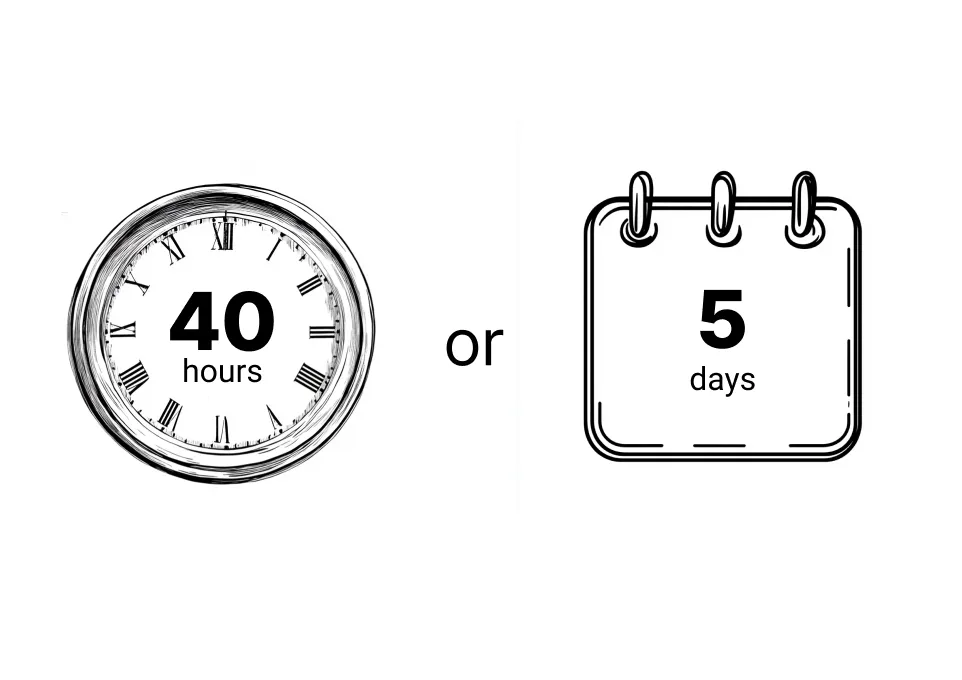
40 hours or 5 days per year
How To Use Them
You can use sick leave hours to recover from being sick (including physical and mental illnesses), attend medical appointments, or take care of a family member and/or someone you choose. These hours cannot be used for vacation.
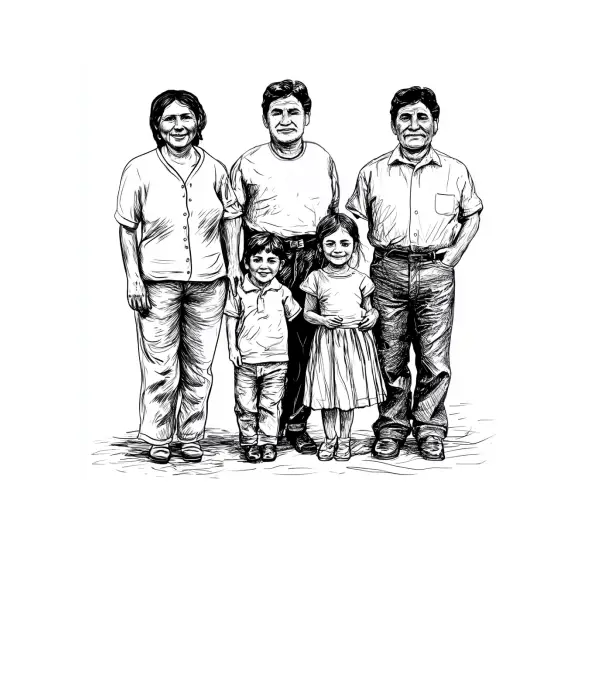
Use to take care of yourself, family, or someone you choose
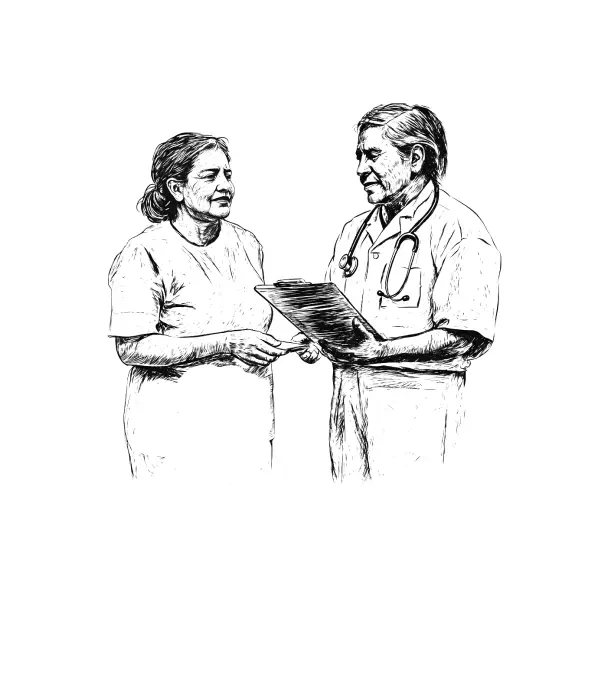
Medical appointments
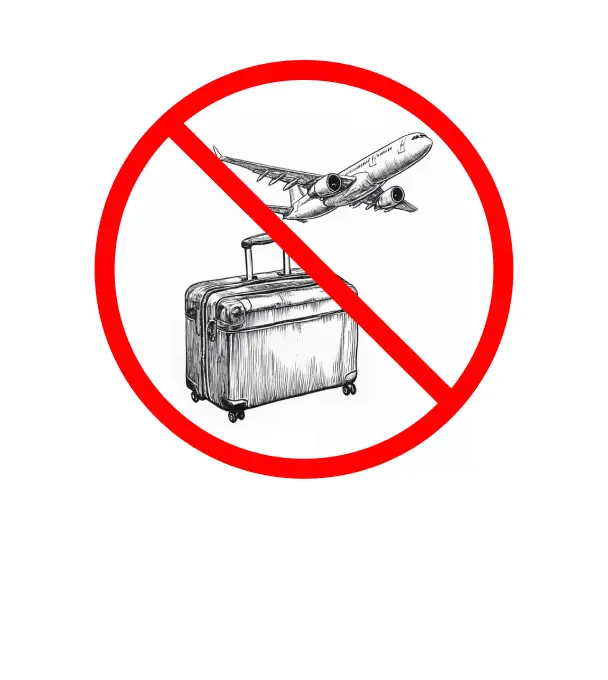
Not for vacation
Requirements
You qualify if you work full-time, part-time, or by season and work 30 days with the same employer in a year. You can start using sick leave after working 90 days.

Full-time, part-time, or seasonal worker
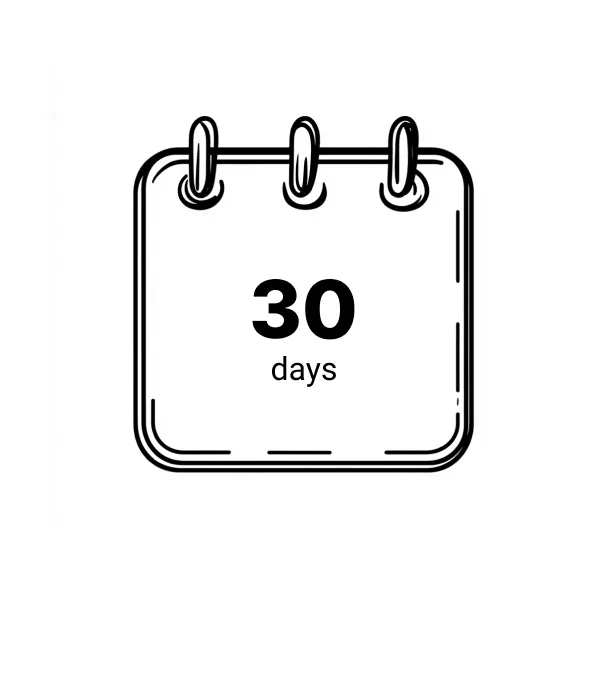
30 days with the same employer

Use after 90 days
Earn Hours
You earn at least 1 hour of paid sick leave for every 30 hours you work.
Interactive Tool
Use this tool to calculate how many sick leave hours you earn based on the hours you work.
Slide the circle left or right to select the total number of hours you worked. The box will show how many paid sick leave hours you have earned. This is an estimate. Confirm with your employer.
Amount of Paid Sick Leave Hours
Hours worked
Paid sick leave hours
Hours Available
The amount of hours available must be included on your pay stub, or on a document given the same day as your paycheck.
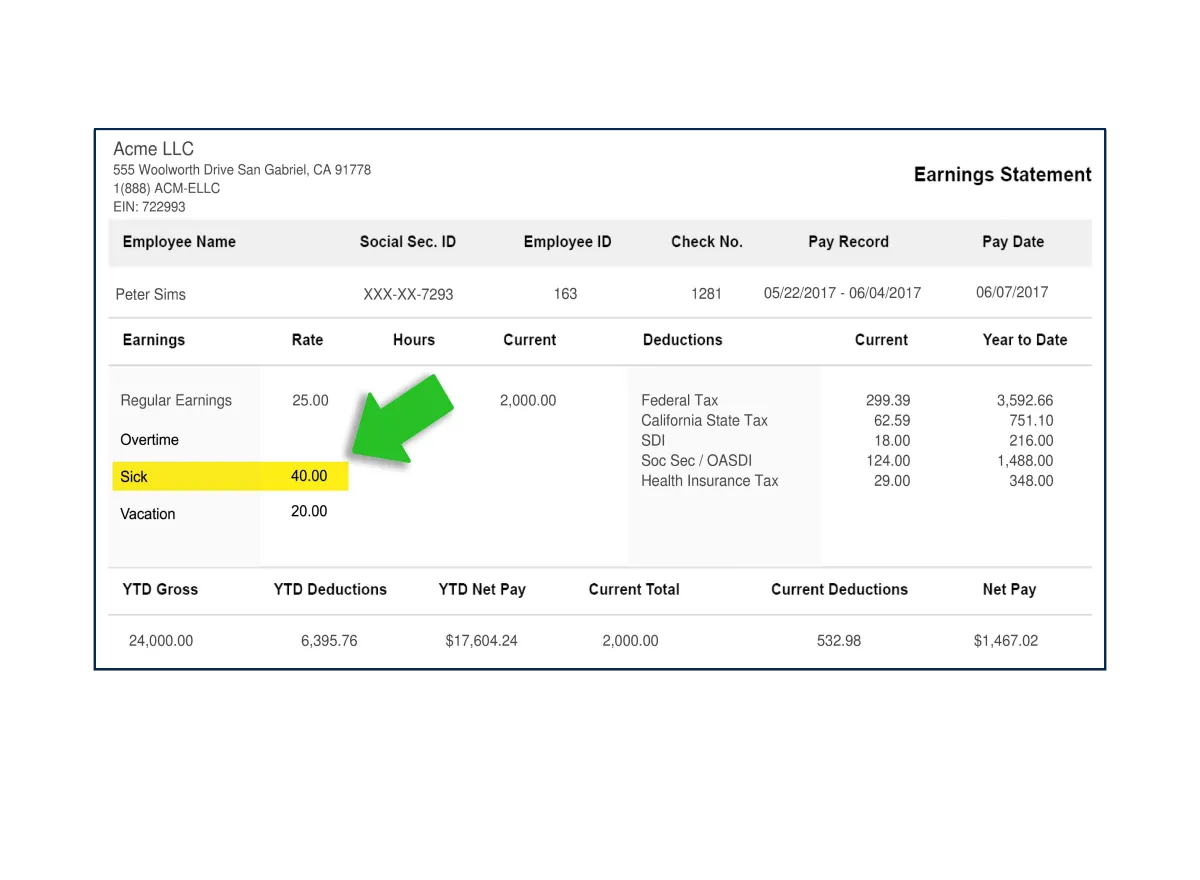
Pay stub
Notify Your Employer
Notify verbally or in writing that you will use sick leave. A medical note is not required and your employer cannot require you to find someone to work in your place.
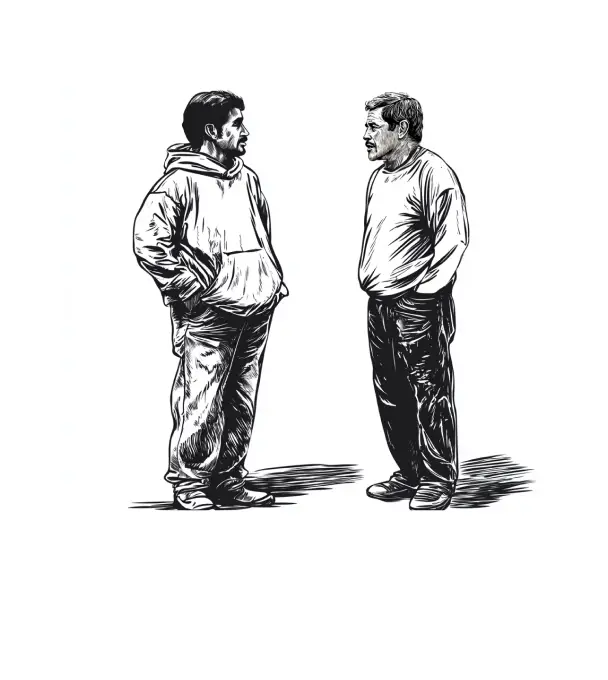
Verbally

In writing
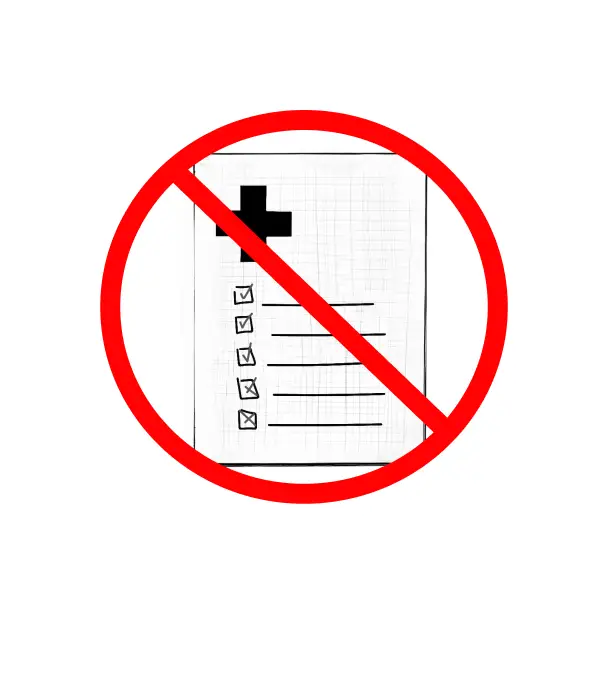
No medical note required
Example of how to ask your employer:

Get Help
Talk with your supervisor or human resources if you have questions.
It is against the law for your employer to deny you sick leave or punish you for using it. To file a claim, call the Labor Commissioner’s Office.
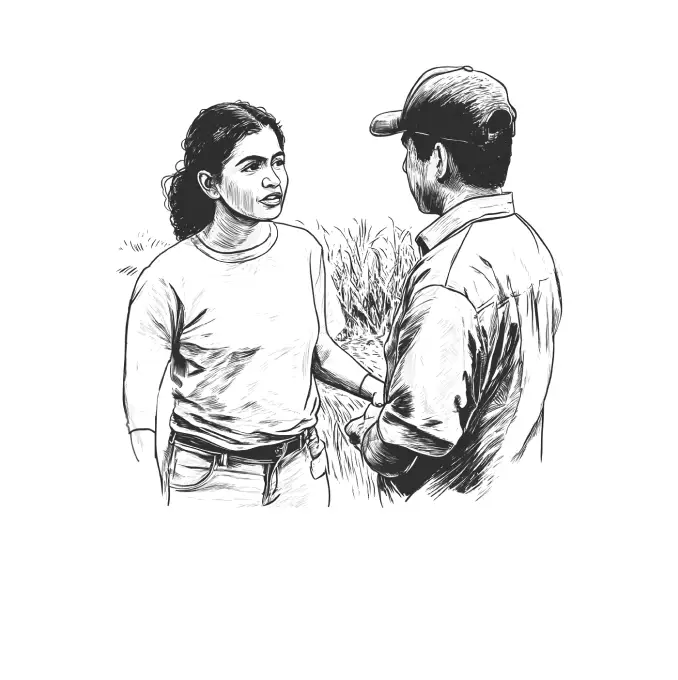
Talk to your supervisor
or human resources
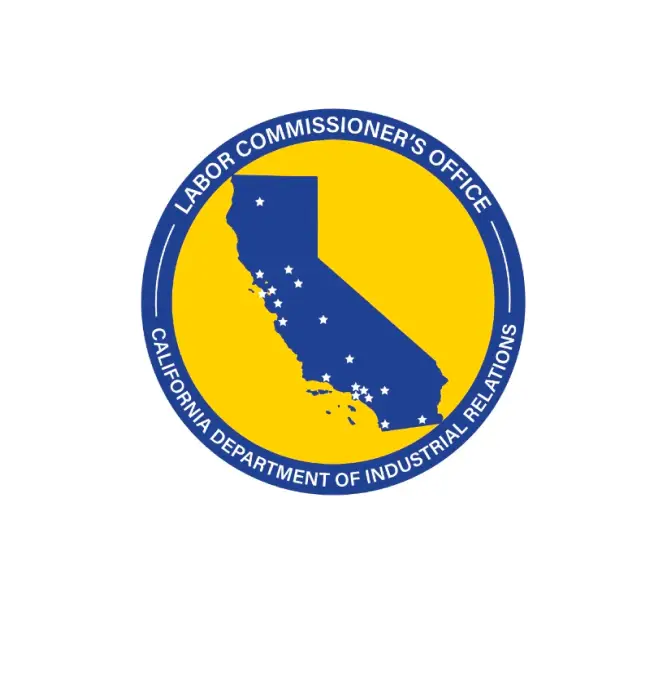
Labor Commissioner’s Office
(833) 526-4636
Workers’ Compensation
If you get hurt or sick because of your job, you may get workers’ compensation benefits. These benefits cover medical costs and lost wages.
Below are three videos that cover workers’ compensation. The first provides an overview, the second focuses on the process, and the third explains the benefits you may receive.
Click on the videos to learn more.
Overview

Process
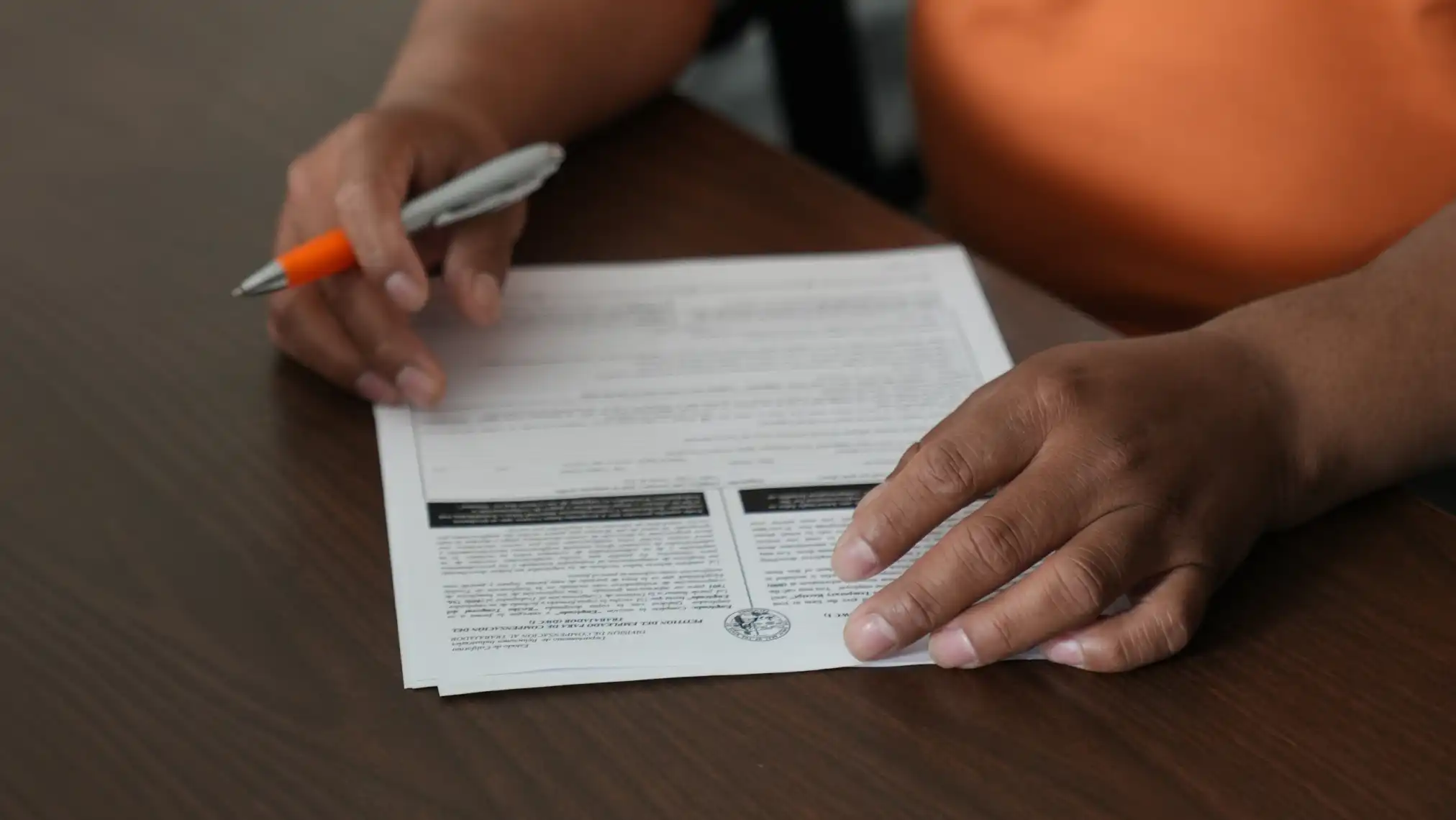
Benefits
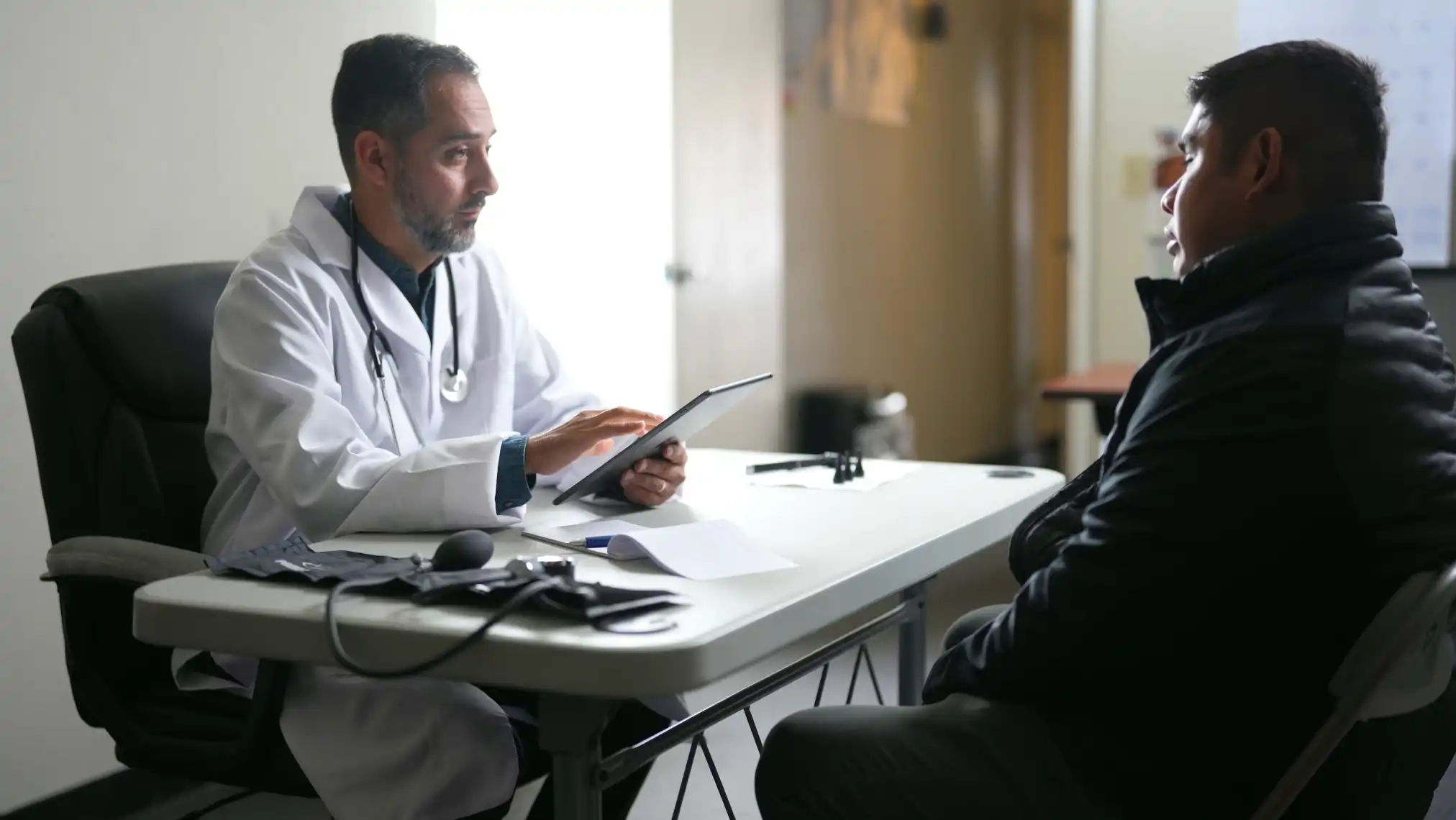
It is Your Right
Workers’ compensation benefits cover medical costs and lost wages. It is available regardless of your immigration status.
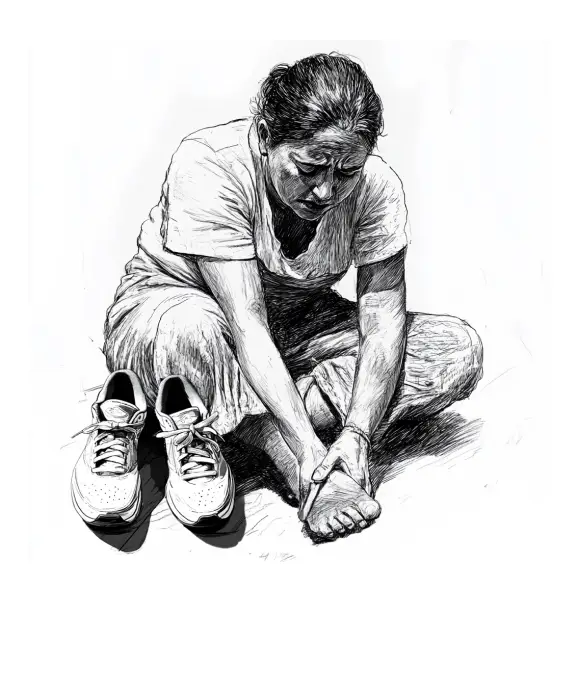
Workers’ compensation
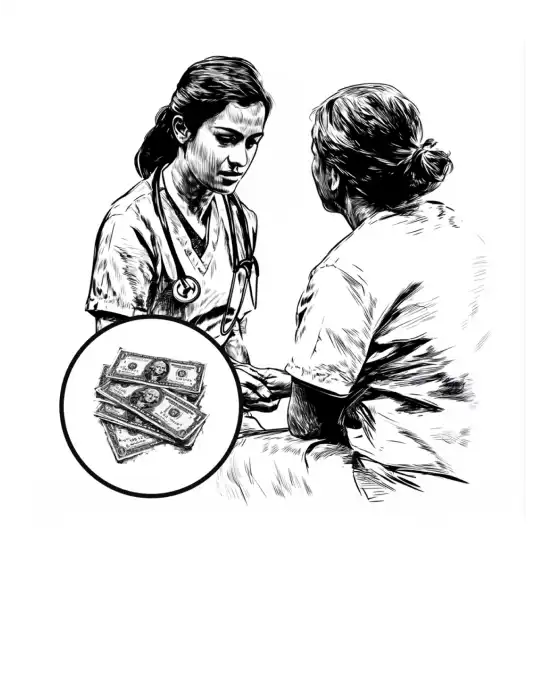
Covers medical costs and lost wages
If You Get Hurt at Work
You can get hurt or sick because of your job from one event or repeated exposures.
One event is when something happens one time. For example: falling off a ladder or tractor.

One event happens one time

Example: falling off a ladder or tractor
Repeated exposures happen when you are around something a lot or do the same activity for a long time and that causes an injury or sickness. For example: hurting your back from the repeated motion of bending over.

Repeated exposures happens
many times
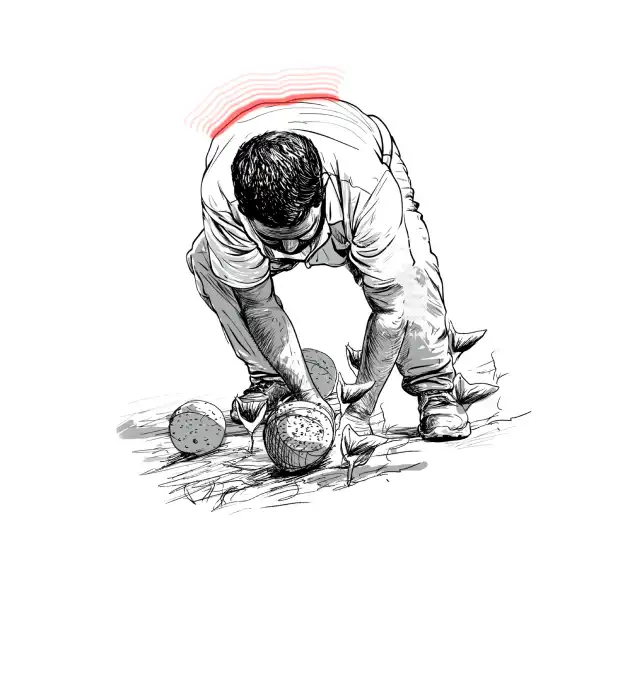
Example: hurting your back from
the repeated motion of bending over
Step 1: Notify your employer
If you get hurt or sick, notify your employer as soon as possible. If you wait more than 30 days, you may lose the right to benefits. Notifying your supervisor or human resources counts as notifying your employer.
For emergencies, call 911 or go to the emergency room immediately. Tell them it happened at work.
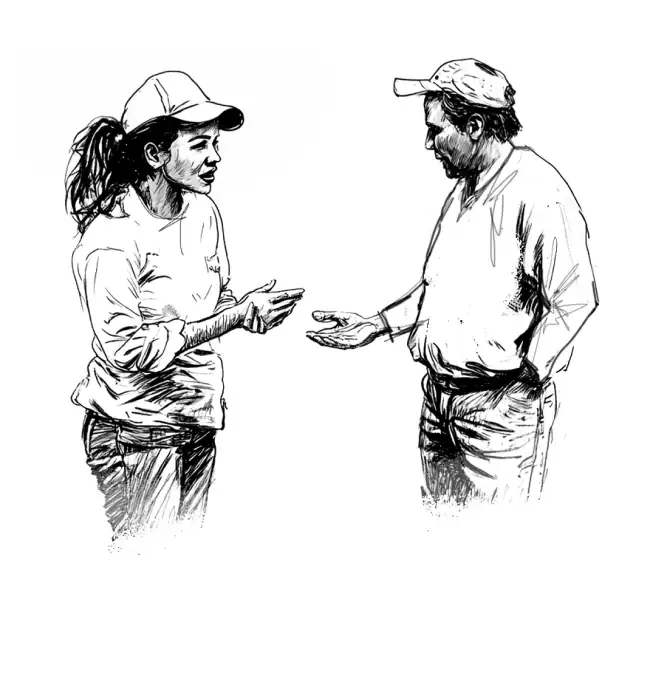
Notify your employer as soon as possible

For emergencies call 911 or go to
the emergency room immediately

If you wait more than 30 days
you may lose the right to benefits
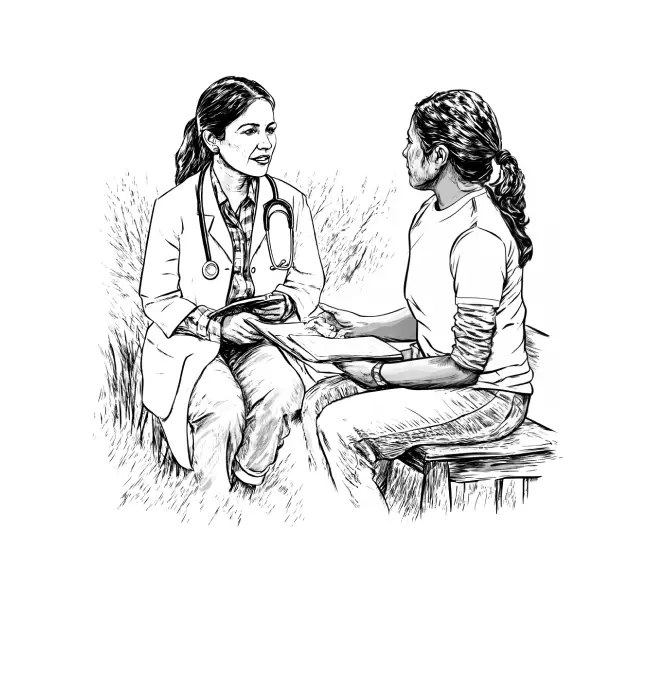
Tell them it happened at work
Step 2: Complete the “employee” section and give the form to your employer
Your employer must give you a claim form within 1 working day. Complete the “employee” section and give it to your employer.

Your employer must give you
a claim form within 1 working day
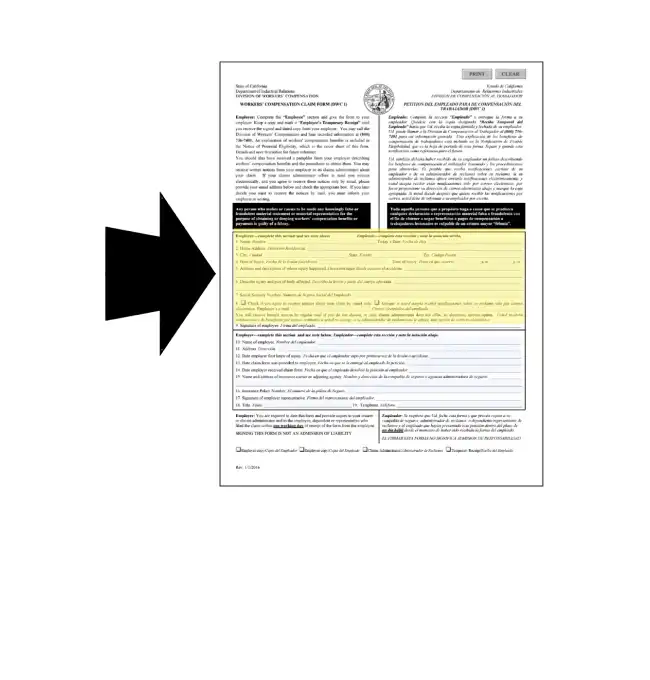
Complete the “employee” section
and give it to your employer
Step 3: Your employer submits the form
Within 1 working day, your employer must complete the “employer” section and submit it to the workers’ compensation insurance. Ask your employer for a completed copy.
They must authorize up to $10,000 in treatment until the claim is accepted or denied. You do not need to pay this back, even if your claim is denied.

Your employer completes the “employer” section

Your employer submits the form
to the workers’ compensation insurance
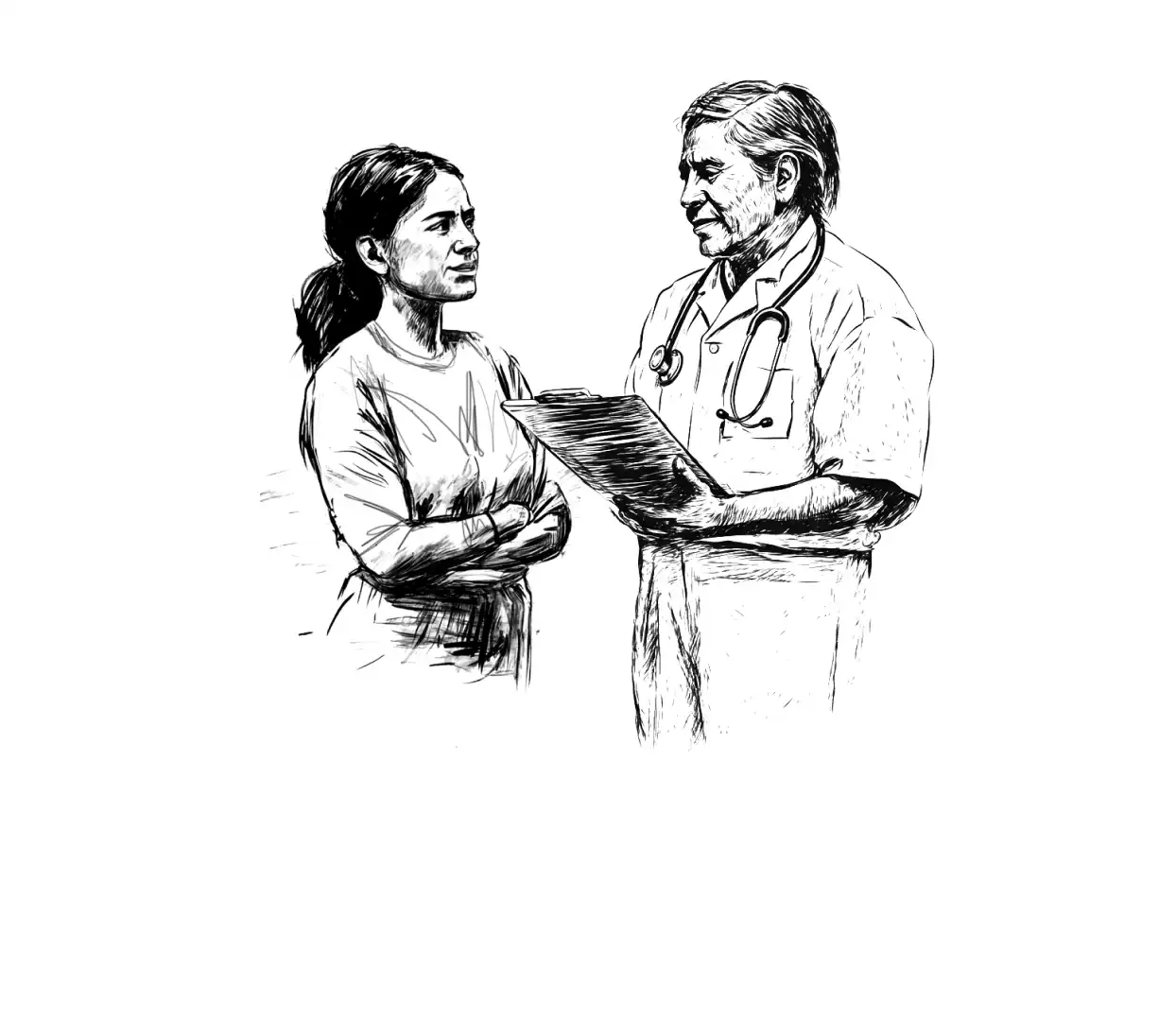
They must authorize up to $10,000 in treatment
until the claim is accepted or denied
Step 4: Claim is accepted, delayed, or denied
You must be notified within 14 days if your claim is accepted, delayed, or denied.

You must be notified within 14 days if your claim
is accepted, delayed, or denied
Benefits You Can Receive
If accepted, you will receive 1 or more of the following benefits.
Medical care: Paid by your employer. This may include treatment by a doctor, hospital services, physical therapy, lab tests, x-rays, medicines, and travel costs.
Temporary disability benefits: Payments that help replace some of your wages if you cannot work while you are recovering.
Permanent disability benefits: Payments you receive if your injury or illness causes a permanent loss of physical or mental function that a doctor can measure.
Supplemental job displacement benefits: Vouchers to help pay for retraining or skill enhancement if you do not recover completely and do not return to work for your employer.
Death benefits: Payments to your spouse, children or other dependents if you die from a job injury or illness.
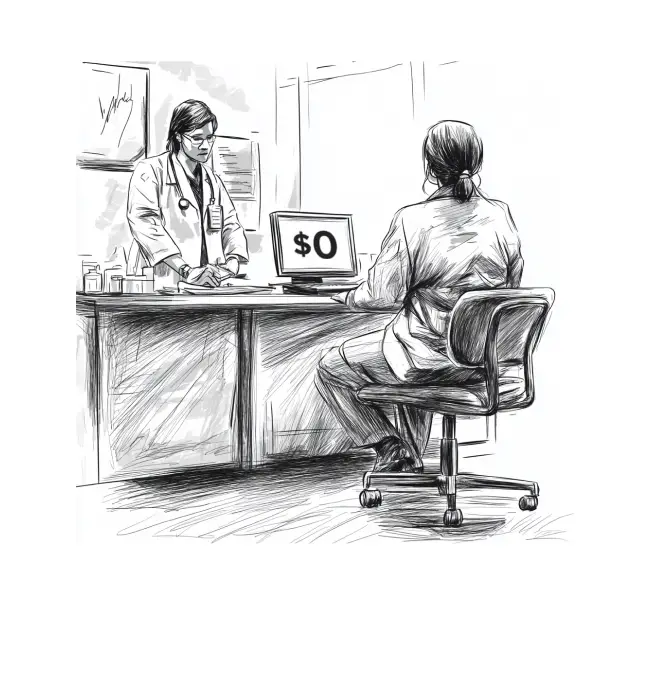
Medical care
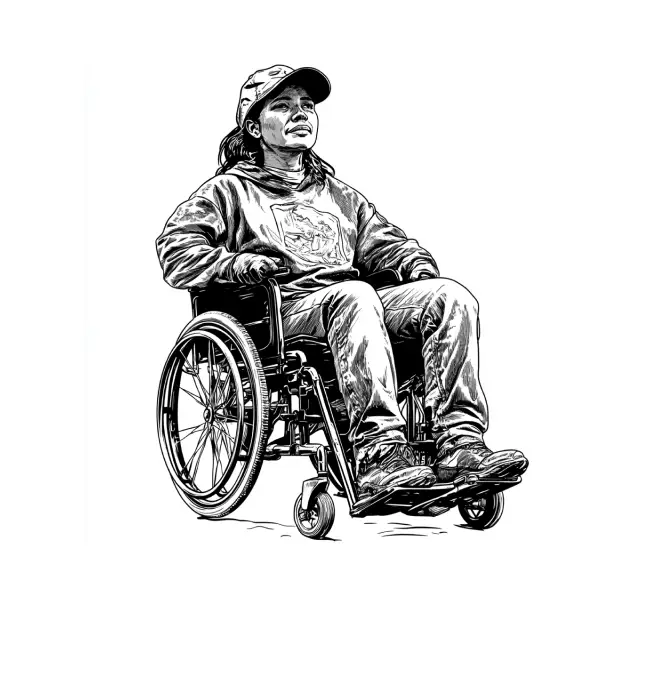
Permanent disability benefits

Temporary disability benefits
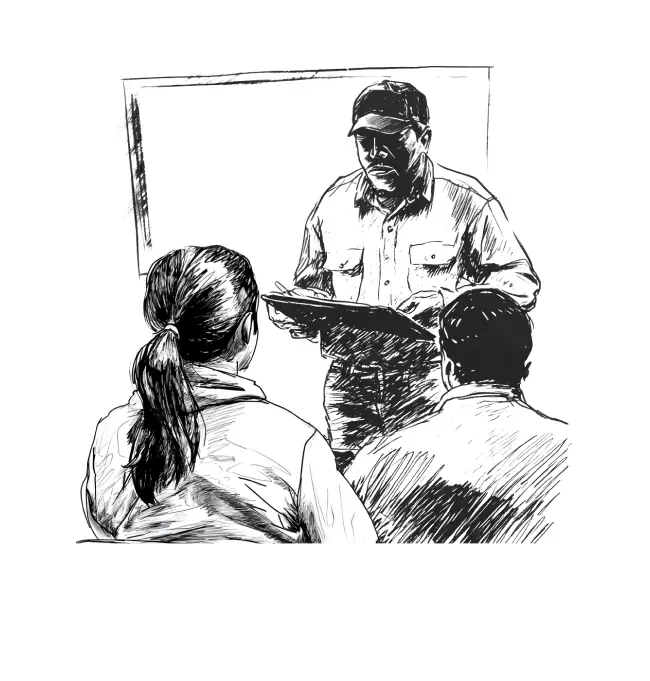
Supplemental job displacement benefits
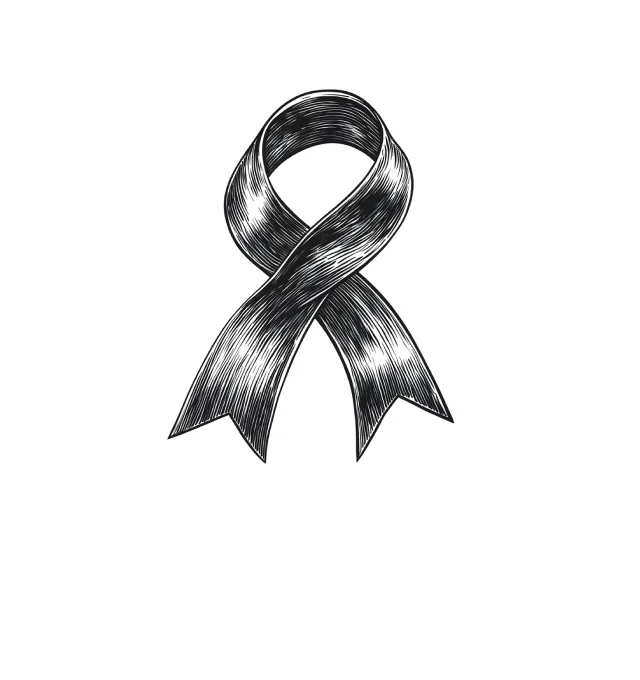
Death benefits
Get Help
It is against the law for your employer to punish you for getting hurt or sick because of your job, or for filing a workers’ compensation claim.
Call the Division of Workers’ Compensation or a community organization if you need help.
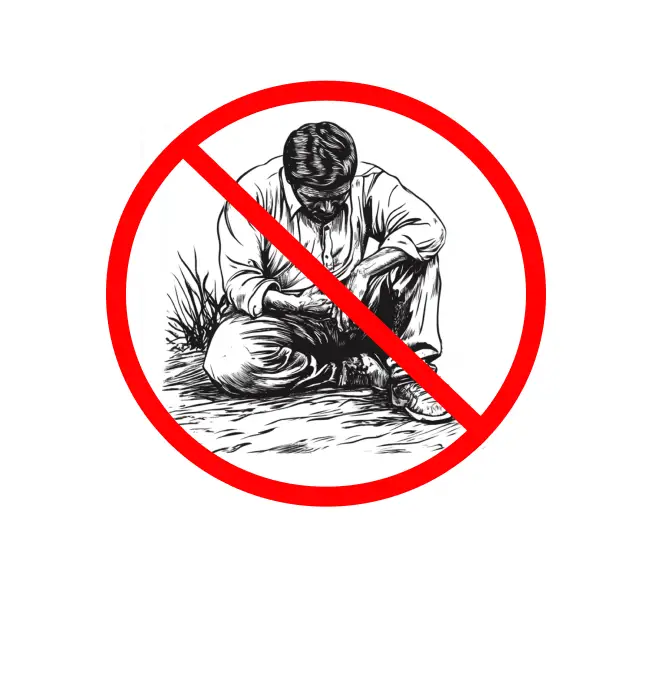
Retaliation is against the law
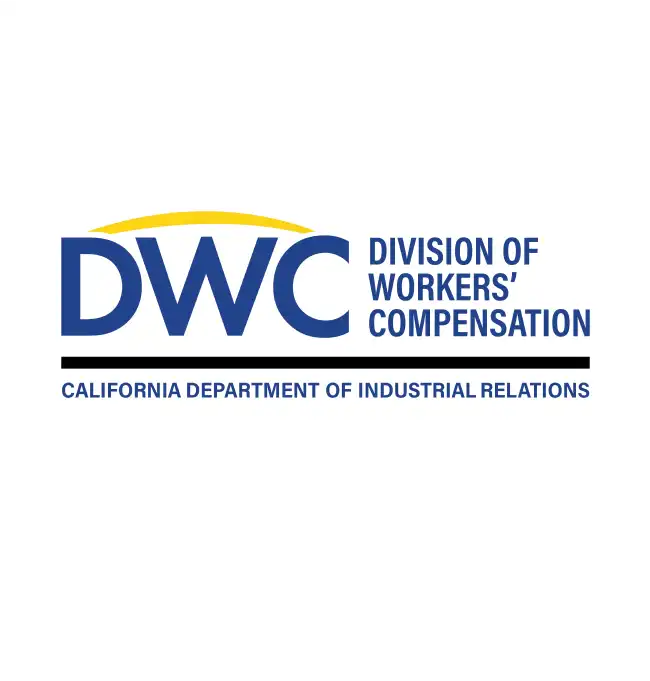
Division of Workers’ Compensation
(800) 736-7401
Retaliation Protections
As a worker in California, it is against the law for your employer to retaliate against you. You are protected regardless of immigration status.
Click on the video to learn more.

Your Rights
Retaliation occurs when your employer punishes you because you took steps to exercise your labor rights.
You have a right to:
- Report and refuse to work in unsafe or unhealthy conditions.
- Request to take paid sick leave.
- Report a work-related injury or illness.
- File a claim with a government agency, such as a wage or workers’ compensation claim.
- Assist in an investigation of your employer by a government agency.

Report and refuse to work in unsafe
or unhealthy conditions

Request to take paid sick leave
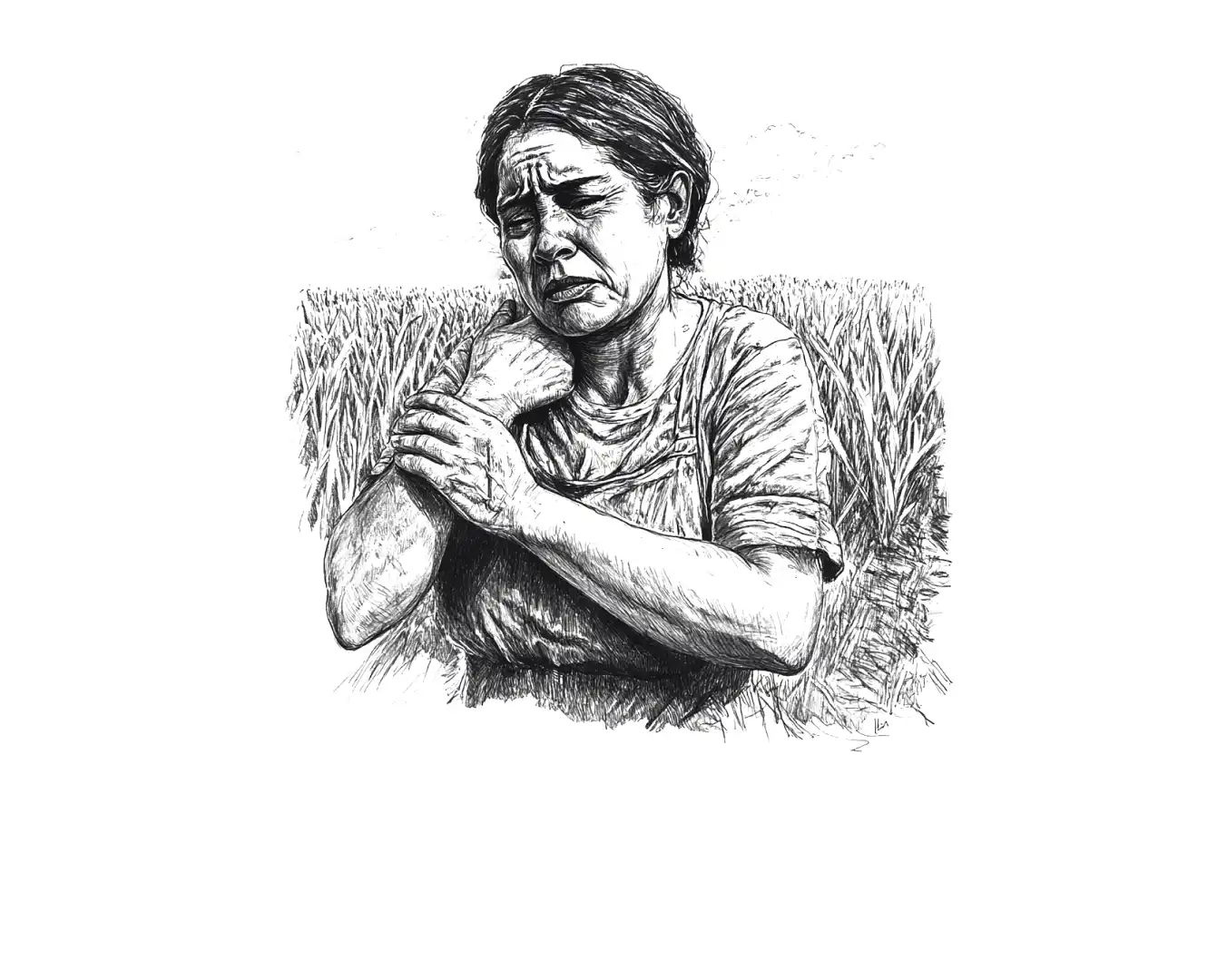
Report a work-related injury or illness

File a claim with a government agency
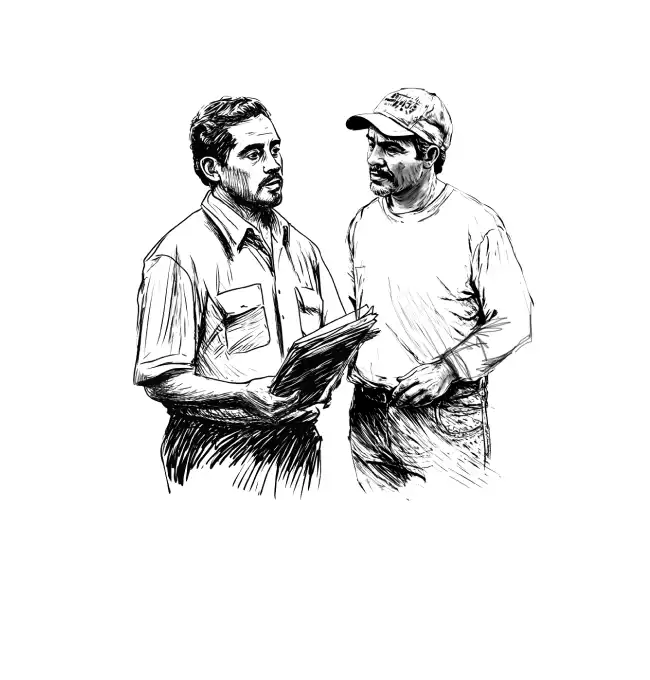
Assist in an investigation of your employer
by a government agency
Examples of Punishments
Examples of punishments include:
- Firing, suspending, transferring, or demoting.
- Reducing pay, days, or hours.
- Written warning.
- Threats with immigration.

Firing, suspending, transferring, or demoting

Written warning

Reducing pay, days, or hours
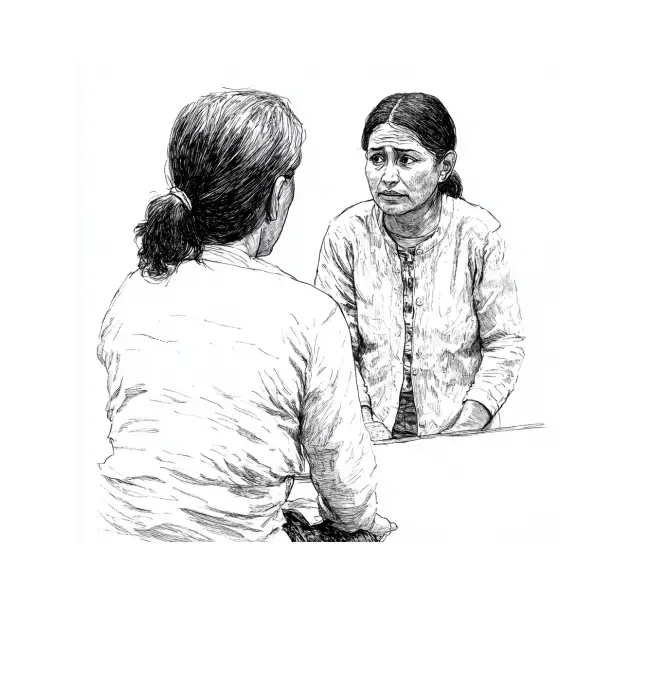
Threats with immigration
If You File a Complaint
If you file a complaint, your employer may be required to pay for your lost wages, rehire you, and stop further retaliation. You do not need a Social Security number or photo identification.
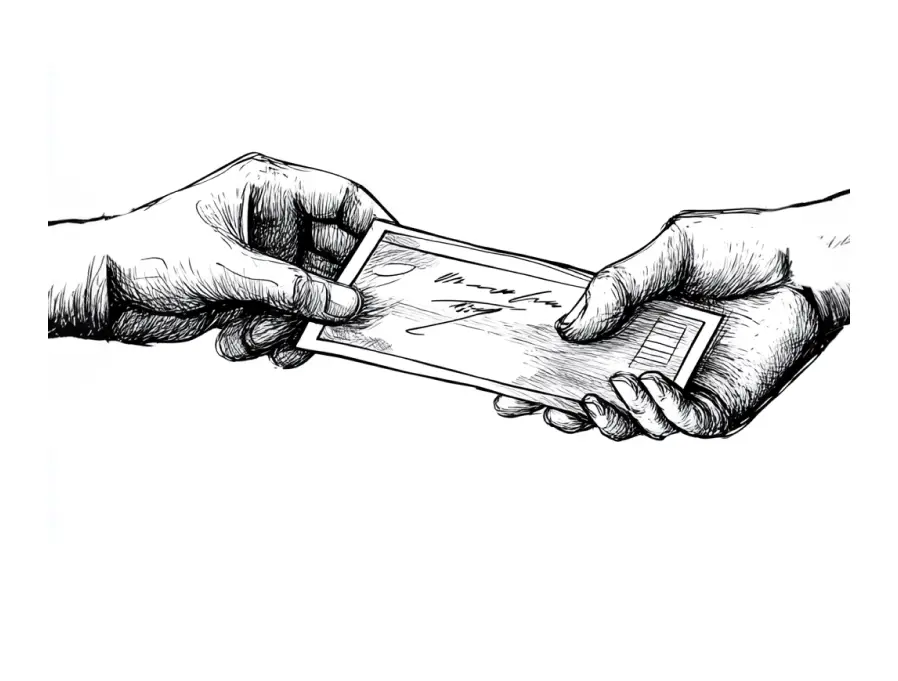
Your employer must stop retaliation and may have
to pay lost wages and rehire you
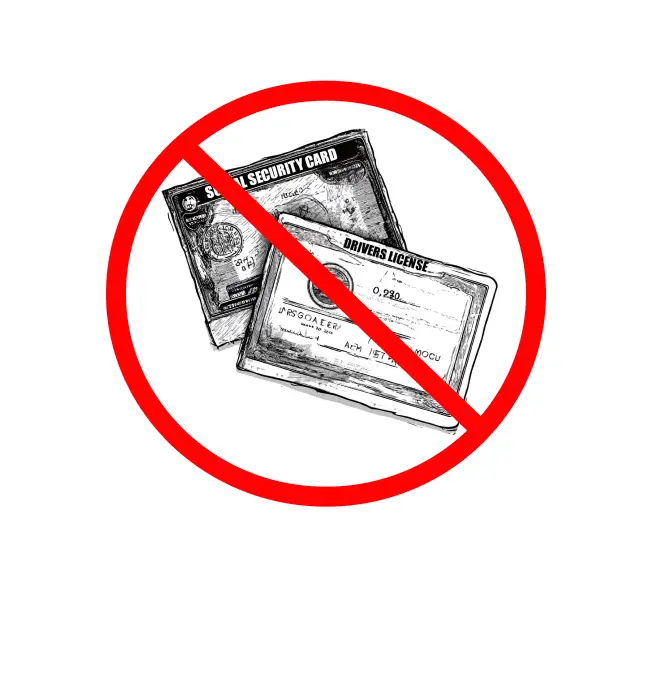
You do not need a Social Security number
or photo identification
Get Help
If you think retaliation is happening at work, talk to human resources. You can also call the Agricultural Labor Relations Board (ALRB), the Labor Commissioner’s Office, or a community organization.
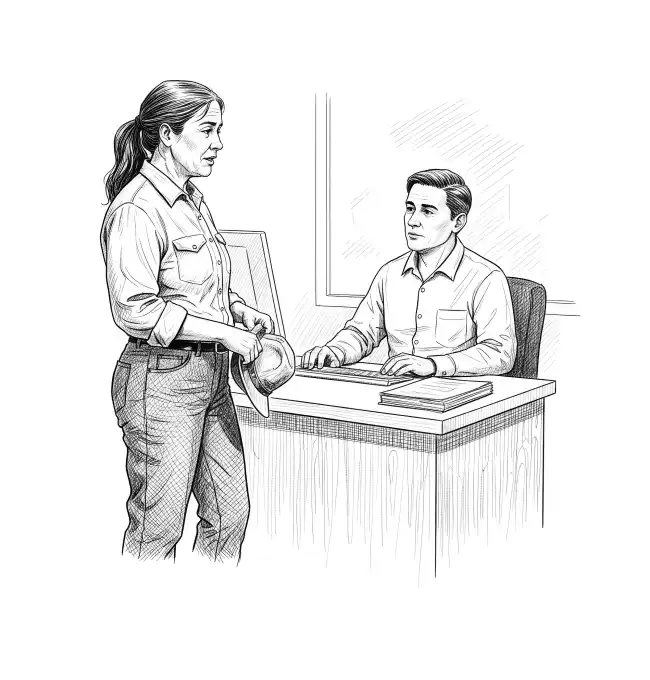
Talk to human resources
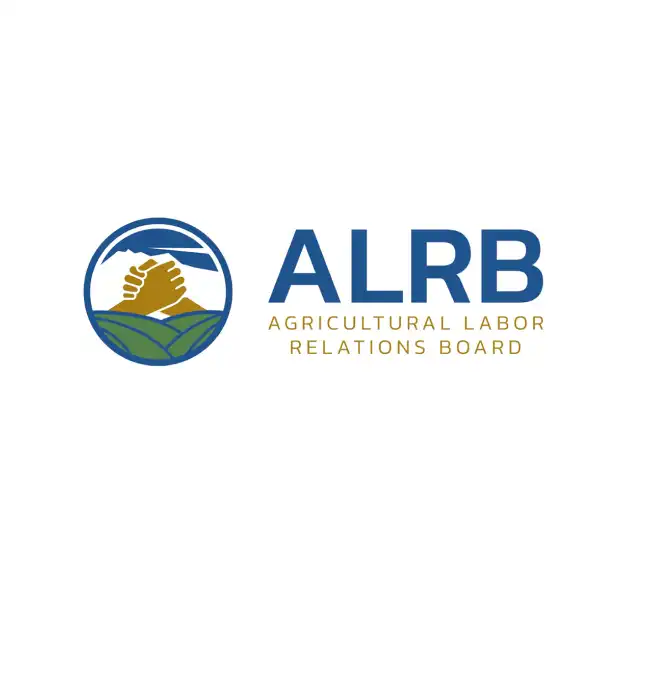
Agricultural Labor Relations Board (ALRB) (800) 449-3699
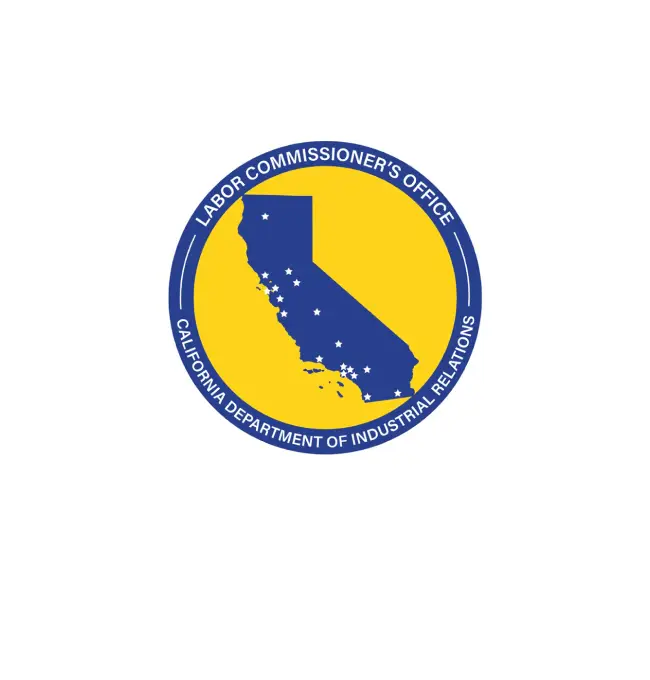
Labor Commissioner’s Office
(833) 526-4636
Get Help
Below are organizations and resources that can support you.



